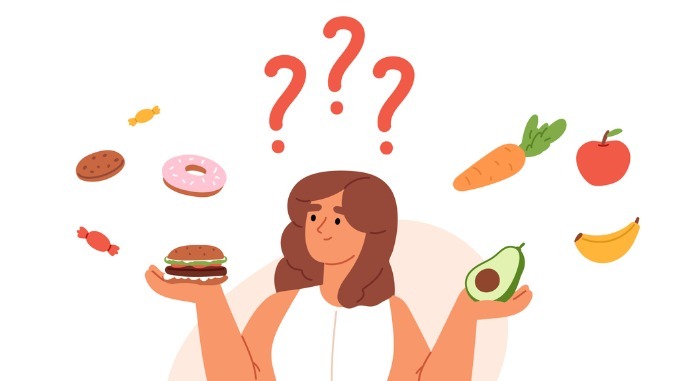
Whether it’s the boost from a cup of coffee or the slump after a hearty meal, most people have felt firsthand how food and drinks influence their energy levels and alertness
CREDIT: This is an edited version of an article that originally appeared on Sleep Foundation
Researchers, including nutritionists and sleep specialists, have explored various studies to identify the best foods for promoting better sleep. Both diet and sleep are complex, so no single food guarantees better sleep. However, some foods may help.
For example, while studies on carbohydrates and sleep show mixed results, some evidence suggests that eating rice could improve sleep. In contrast, sugary drinks and sweets are often detrimental. Nuts like almonds, walnuts, pistachios, and cashews contain melatonin, omega-3s, magnesium and zinc, which may also support improved sleep.
Dietary choices impact more than just energy and sleep; they also influence weight, cardiovascular health and blood sugar levels, among other factors. Therefore, it’s wise to consult with a doctor or dietitian before making major changes to your diet.
Nutritionists recommend balanced, consistent diet rich in vegetables and fruits to provide stable sources of essential vitamins and minerals that can support better sleep. The Mediterranean Diet is a prime example of such a diet, offering a well-rounded approach to nutrition.
To improve your sleep, consider making these adjustments: Limit caffeine intake, particularly in the afternoon and evening, as its stimulating effects can disrupt your sleep. Moderating alcohol consumption is also beneficial, as it can interfere with sleep cycles despite initially making you feel sleepy; aim to avoid alcohol within four hours of bedtime. Additionally, avoid eating too late to prevent digestion issues and reduce the risk of acid reflux; be cautious with spicy and fatty foods in the evening.


Be the first to comment